This topic takes on average 45 minutes to read.
There are a number of interactive features in this resource:
 Human biology
Human biology
Understanding the causes of communicable diseases makes it easier to prevent them spreading. This is an important part of reducing the burden of disease on the human population relatively cheaply and very effectively. The key thing is to prevent the transmission of pathogens from one host to another. This can be achieved in a number of ways including:
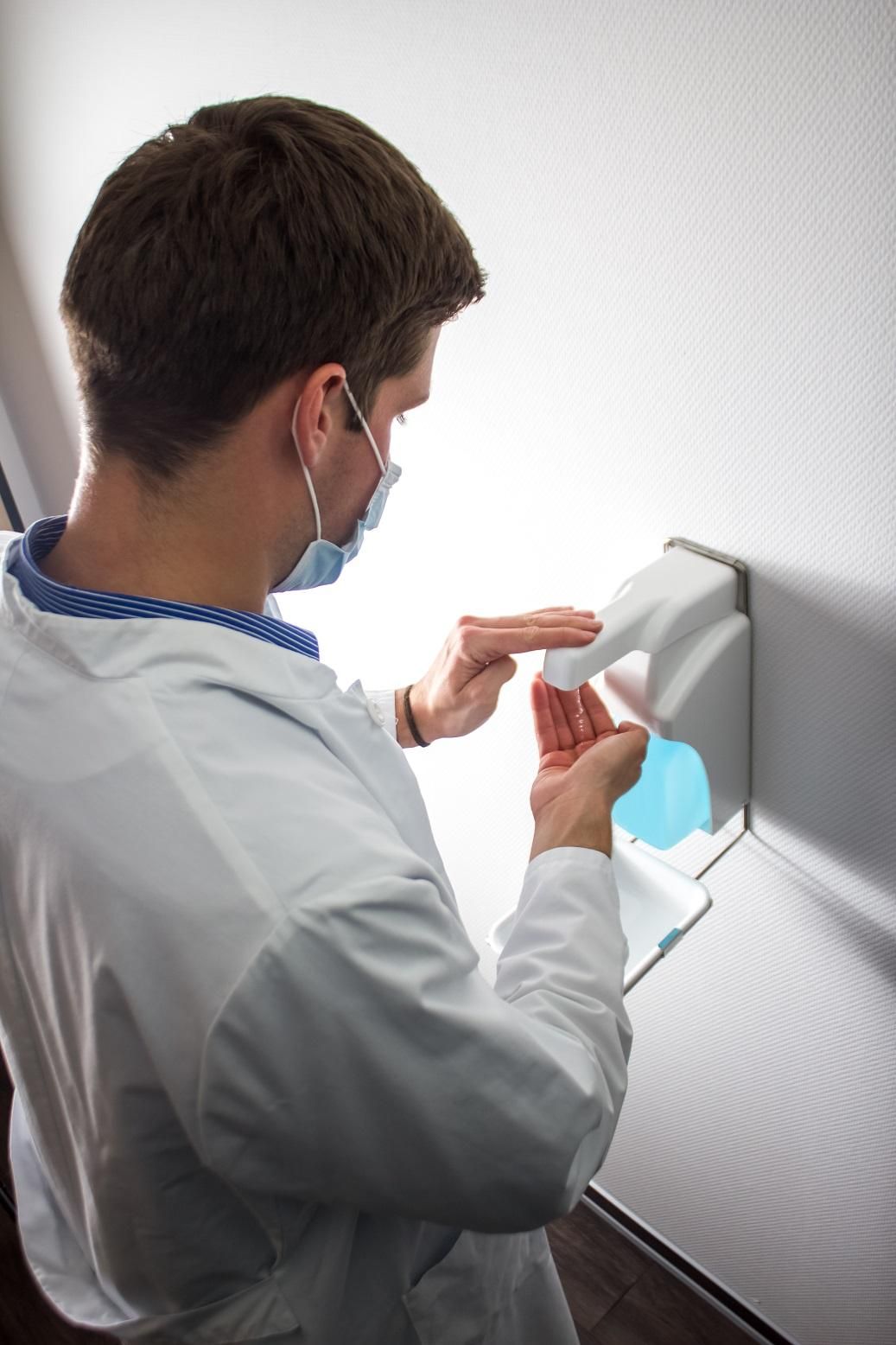
Using the antiseptic hand gels provided by hospitals has been shown to reduce infections – but many people still walk past and ignore it (Photo credit: Tobia Arhelger)
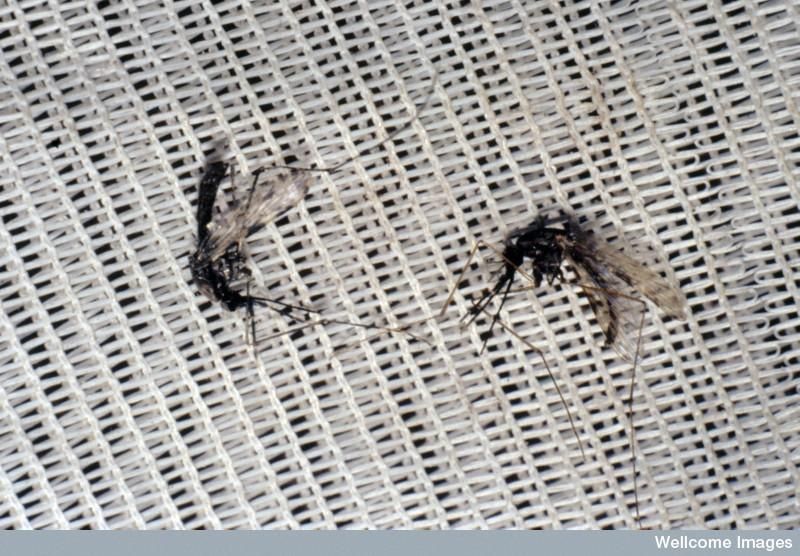
Keeping people and mosquitoes apart using simple and relatively cheap measures can have a major impact on the spread of disease. (Photo credit: Wellcome Trust/A Stich)
When a pathogen gets into your body you become ill because it takes time for your primary immune response to work. That is when you experience the symptoms of disease. However, the second time you encounter a pathogen, your immunological memory comes into play. Your secondary immune response, based on the T and B memory cells left in your blood after the first exposure, results in the pathogens being destroyed before they can cause the symptoms of disease.
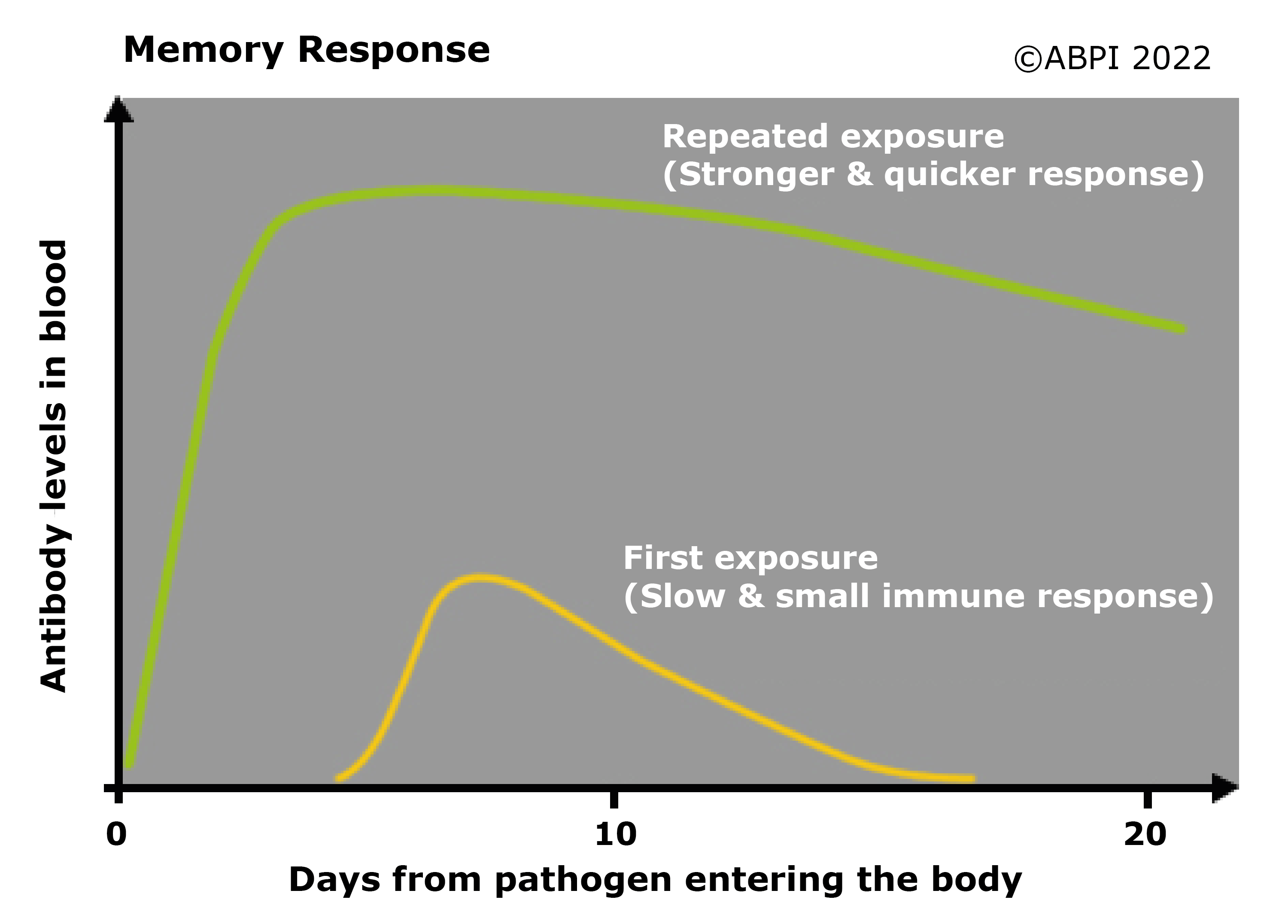
One useful evolutionary adaptation is that female mammals pass on a level of immunity to their offspring. This is called natural passive immunity. Antibodies to some diseases are passed from the mother to her fetus through the placenta. After birth, the newborn baby gets extra protection from antibodies passed through the mother’s milk. They provide protection against infection until the baby’s immune system is fully active and has had a chance to meet a range of different antigens, increasing the chance of survival of the offspring.
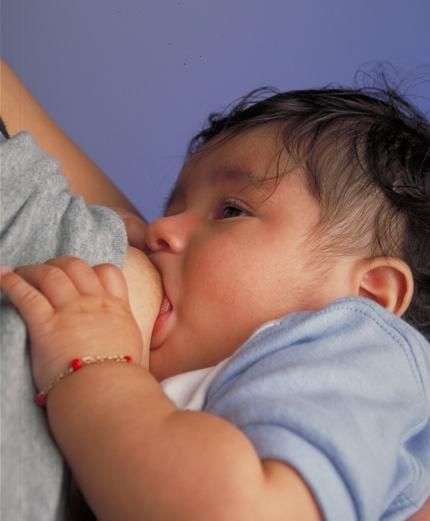
Young mammals don’t just get food from their mother’s in the milk – they get antibodies that help to protect them from disease as well. (Photo credit: US department of agriculture/Ken Hammond )
One effective way to prevent the spread of disease is through induced immunity. Scientists have developed ways to give us immunity to a disease without having to suffer the illness first. Immunisation protects individuals and communities and saves millions of lives every year. It is widely used against diseases that can kill or cause serious damage if you are infected before your immune system can produce the antibodies and T killer cells needed.
Artificial active immunity is the basis of immunisation. Small amounts of the antigen known as the vaccine (often dead or weakened pathogens or fragments of the antigens from the surface of the pathogen) are introduced to the body where they induce a primary immune response, but without the symptoms of disease. Then when you meet the live pathogen, a secondary immune response is triggered which deactivates or destroys the pathogen before it can cause disease.
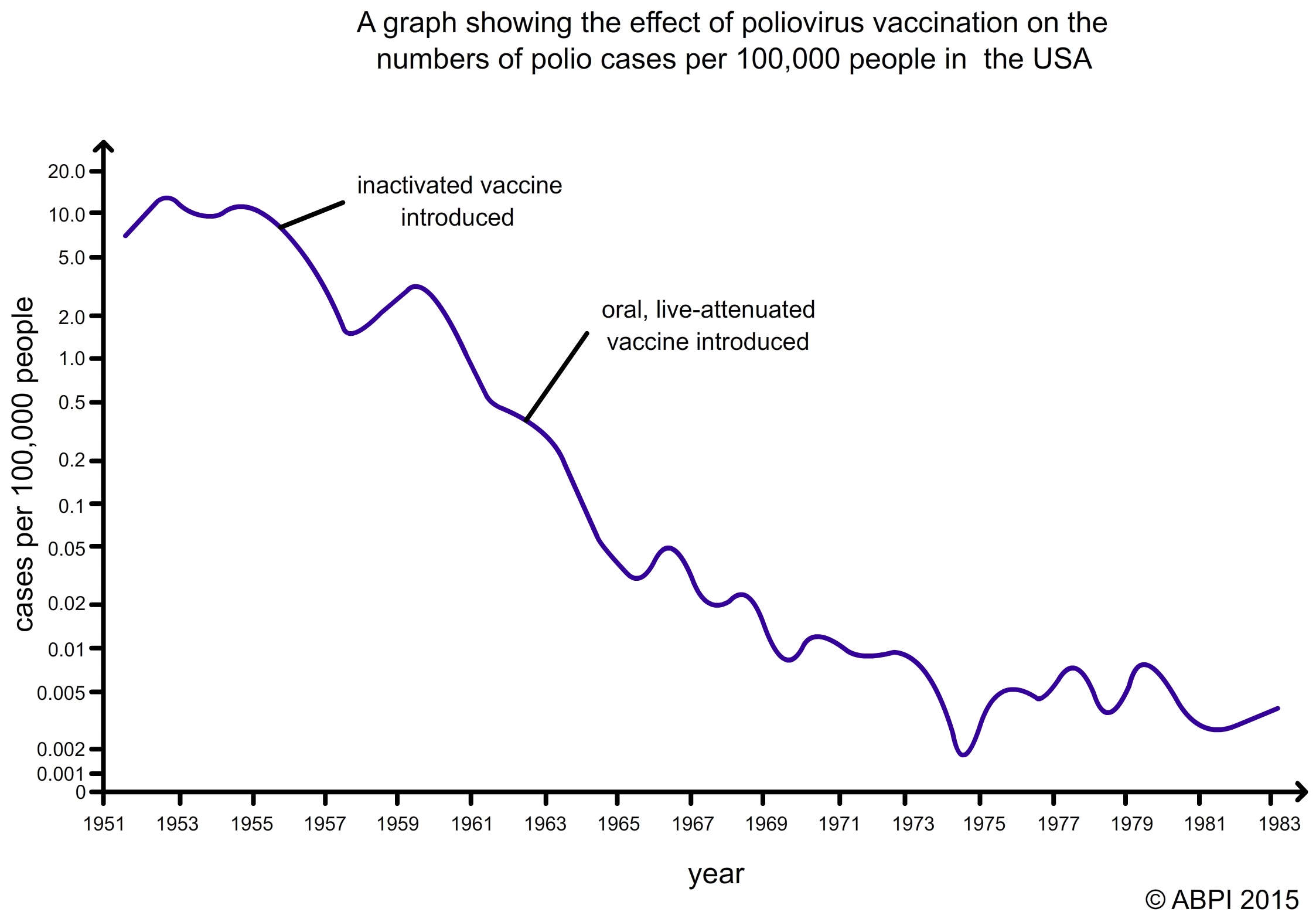
An alternative to artificial active immunity is artificial passive immunity. If someone is infected by a dangerous pathogen, antibodies already produced by another individual to that pathogen may be injected. The antibodies may be from a person who has already had the disease or even from a different species. They do not last long or confer long term immunity – but they can prevent infection by potentially lethal pathogens such as tetanus and rabies. One of the treatments trialled during the 2014-5 Ebola epidemic in East Africa was the use of blood or plasma from people who had survived the disease. The idea is to give new patients artificial passive immunity against the potentially deadly virus.